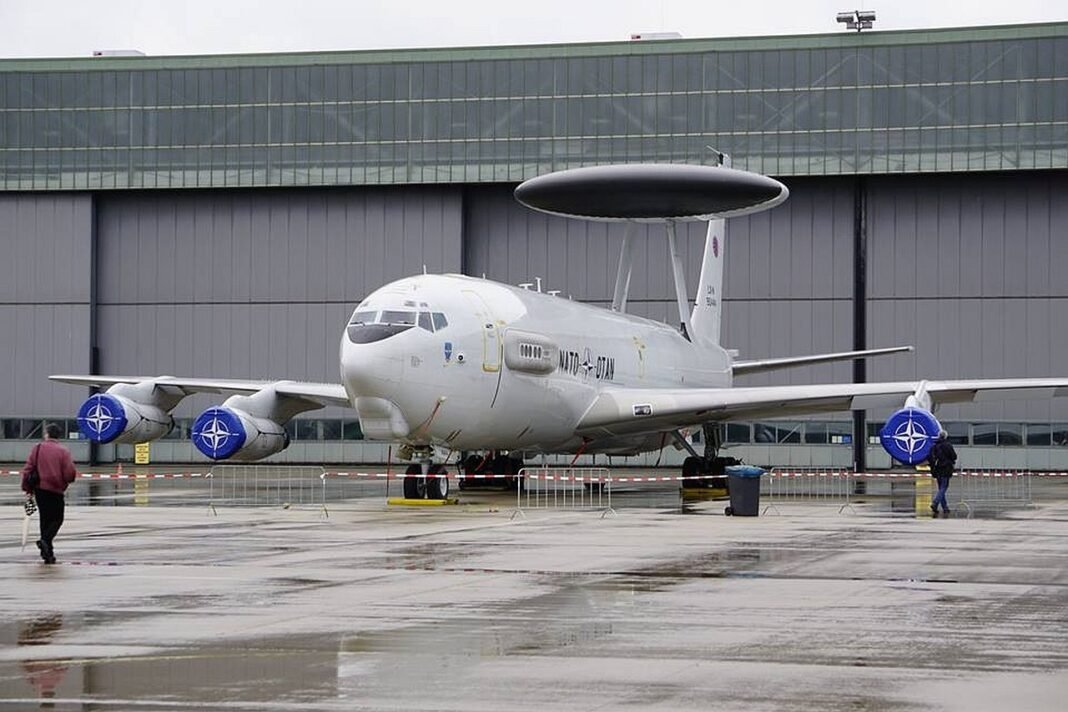US President Donald Trump’s demand for NATO members to spend 5% of GDP on defence has sparked criticism in Germany.
Resistance to Unrealistic Demands
On Tuesday, Trump criticized NATO members for insufficient defence spending, demanding an increase to 5% of their GDP. “Europe contributes just a tiny fraction compared to us,” he said during a press conference in Florida.
According to NATO data, none of the alliance’s 32 members currently meet this threshold. Poland leads with 4.12%, followed by Estonia at 3.43% and the US at 3.38%.
German politicians strongly opposed the proposal. Ralf Stegner of the Social Democrats (SPD) called the demand “completely absurd.” “We need fewer weapons in the world, not more,” he told Politico. Marcus Faber, chair of the German parliament’s defence committee, also rejected the 5% target as excessive, suggesting a more realistic goal of 3%, agreed upon through consensus.
Marie-Agnes Strack-Zimmermann of the Free Democratic Party (FDP) criticized Trump’s approach, stating, “We’re not at a bazaar here.” She accused Trump of using the demand to favor US defence industries. “Pulling a number out of thin air helps no one,” she added.
Rising NATO Spending Amid Persistent Challenges
Trump’s call for higher defence spending is not new. During his first term, he repeatedly threatened to withdraw the US from NATO unless European members increased their contributions.
Since Russia’s invasion of Ukraine in 2022, NATO’s European members have significantly boosted their defence budgets. NATO estimates that 23 of its 32 members, including 16 from the EU, will meet the 2% target by 2024, up from just six countries in 2021.
Germany will achieve the 2% benchmark for the first time this year after Chancellor Olaf Scholz pledged a comprehensive overhaul of the country’s military in 2022. However, despite increased funding, reports highlight ongoing issues. A March 2024 parliamentary report described the Bundeswehr as “outdated and understaffed,” with severe equipment shortages.
Debates Over Future Defence Spending
The discussion over NATO spending targets plays a central role in Germany’s political landscape ahead of the February 23 elections. Green Party chancellor candidate Robert Habeck suggested raising Germany’s defence spending to 3.5% in the coming years. “Germany and Europe must take greater responsibility for their security. Anything less is naïve,” he told Spiegel.
Friedrich Merz, leader of the opposition Christian Democrats (CDU) and a potential successor to Scholz, took a more cautious stance. “Whether it’s 2%, 3%, or 5% is secondary,” Merz said, emphasizing that Germany should focus on ensuring its ability to defend itself.
NATO’s new Secretary General, Mark Rutte, has warned that the 2% target is insufficient. In December, he urged NATO citizens to accept sacrifices, including cuts to pensions and social services, to bolster Europe’s defence capabilities.
Trump’s demands and NATO’s internal debates highlight the ongoing tension between military readiness and financial feasibility, as Europe navigates an increasingly complex geopolitical landscape.
